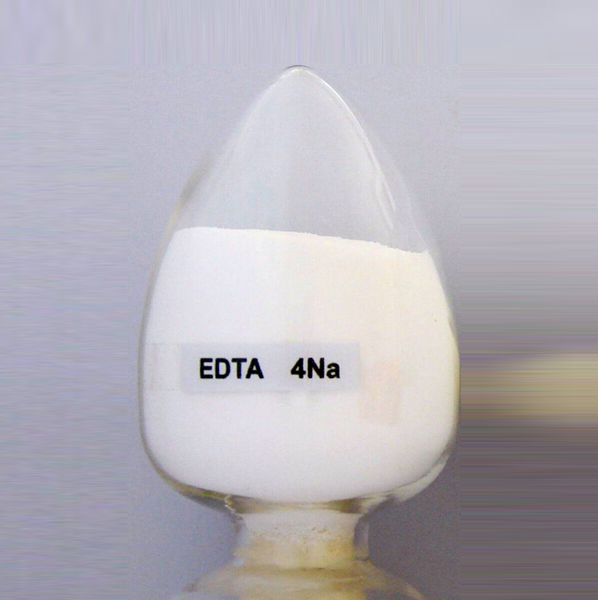
News
okt. . 10, 2024 21:11 Back to list
Exploring the Role of Chelating Agents in Environmental Remediation Strategies
The Importance of Chelating Agents in Various Fields
Chelating agents, also known as chelators or sequestering agents, are molecules that can form stable complexes with metal ions. The term chelation derives from the Greek word chele, meaning claw, which aptly describes how these agents bind to metals, effectively grasping them. Chelating agents play a critical role in multiple fields, including medicine, agriculture, industrial processes, and environmental science. This article will explore their significance, mechanisms, and applications.
Mechanism of Action
Chelating agents work by coordinating with metal ions through two or more bonding sites. This interaction forms a chelate complex that stabilizes the metal ion in a solution, preventing it from participating in unwanted reactions. The nature of the bonds formed and the structure of the chelator determine the stability and solubility of this complex. Common chelating agents include ethylenediaminetetraacetic acid (EDTA), dimercaptosuccinic acid (DMSA), and various amino acids like histidine.
Medical Applications
In medicine, chelating agents are invaluable for preventing and treating metal toxicity. Heavy metals such as lead, mercury, and arsenic can pose serious health risks, and chelation therapy is often used to remove these toxic substances from the body. For example, EDTA is frequently employed in the treatment of lead poisoning, where it binds to lead ions and enhances their excretion through urine. Moreover, chelators are also utilized in conditions of iron overload, such as in thalassemia patients, to reduce the risk of organ damage caused by excess iron accumulation.
Additionally, research is underway to explore the potential of chelating agents in drug delivery systems. By attaching therapeutic compounds to chelators, it becomes possible to enhance the solubility and bioavailability of drugs, allowing for targeted delivery, which is especially beneficial in treating certain cancers or chronic illnesses.
Agricultural Benefits
chelating agent pool

The agricultural sector also benefits significantly from chelating agents. They are used to improve the availability of essential micronutrients, such as iron, zinc, and manganese, in soil. Since these metals can be present in forms that plants cannot absorb, chelators can bind to these nutrients, keeping them soluble and facilitating plant uptake. This is especially important in areas with calcareous or alkaline soils, where nutrient availability is often limited.
In addition to promoting plant health, chelators can enhance the effectiveness of pesticides and herbicides. By forming complexes with metal ions that may inhibit the efficacy of these chemicals, chelators improve their performance and help mitigate environmental impact.
Industrial and Environmental Applications
In industrial processing, chelating agents are widely used in metal finishing, water treatment, and textile processing. They help prevent metal ion contamination and improve the efficiency of cleaning and refining processes. For example, chelators can be employed to remove scale deposits in boilers, enhancing operational efficiency.
Environmental science also leverages chelating agents, particularly in remediation processes. They can be used to extract heavy metals from contaminated soil or water, making it possible to restore ecological balance and protect human health. By promoting the solubilization of metals, chelators facilitate bioremediation strategies that use naturally occurring microorganisms to detoxify polluted environments.
Conclusion
In conclusion, chelating agents are essential in various fields, demonstrating their versatility and importance. From treating metal toxicity in medicine to improving crop yields in agriculture, and facilitating industrial processes to enhancing environmental sustainability, these compounds contribute significantly to modern science and industry. As research continues, the potential applications and innovations surrounding chelating agents are likely to expand, further underscoring their role as key players in addressing global challenges related to health, food security, and environmental protection.
-
OEM Chelating Agent Preservative Supplier & Manufacturer High-Quality Customized Solutions
NewsJul.08,2025
-
OEM Potassium Chelating Agent Manufacturer - Custom Potassium Oxalate & Citrate Solutions
NewsJul.08,2025
-
OEM Pentasodium DTPA Chelating Agent Supplier & Manufacturer High Purity & Cost-Effective Solutions
NewsJul.08,2025
-
High-Efficiency Chelated Trace Elements Fertilizer Bulk Supplier & Manufacturer Quotes
NewsJul.07,2025
-
High Quality K Formation for a Chelating Agent – Reliable Manufacturer & Supplier
NewsJul.07,2025
-
Best Chelated Iron Supplement for Plants Reliable Chelated Iron Fertilizer Supplier & Price
NewsJul.06,2025
